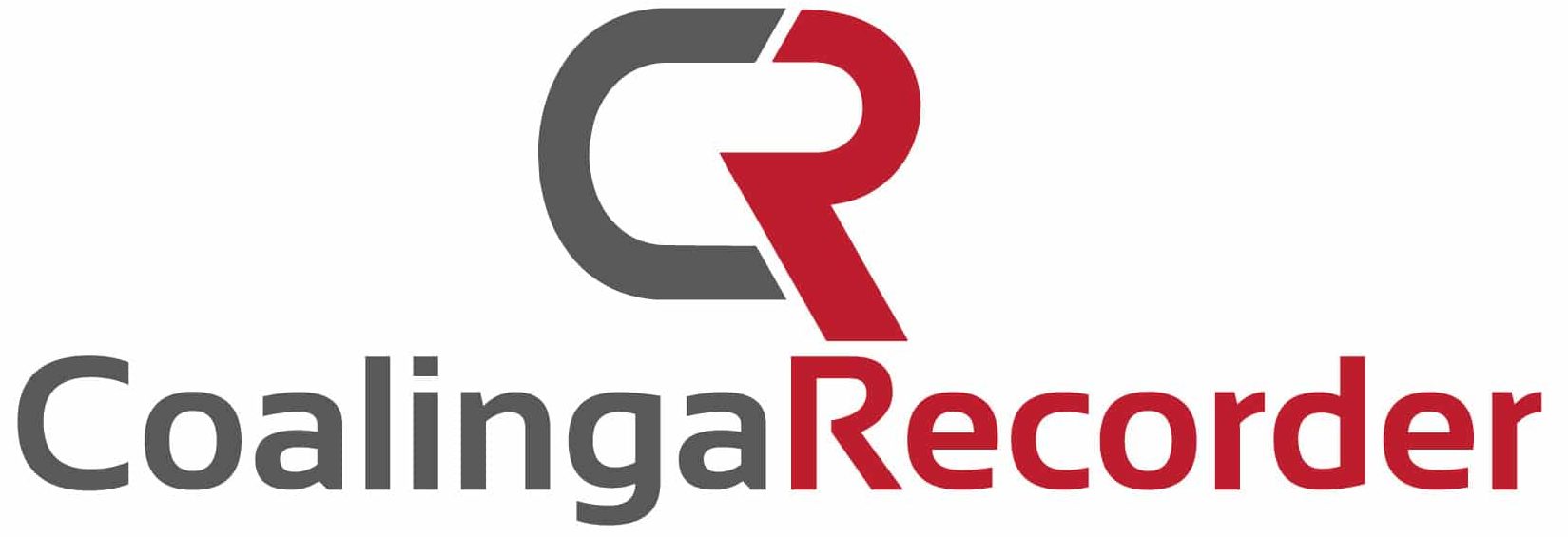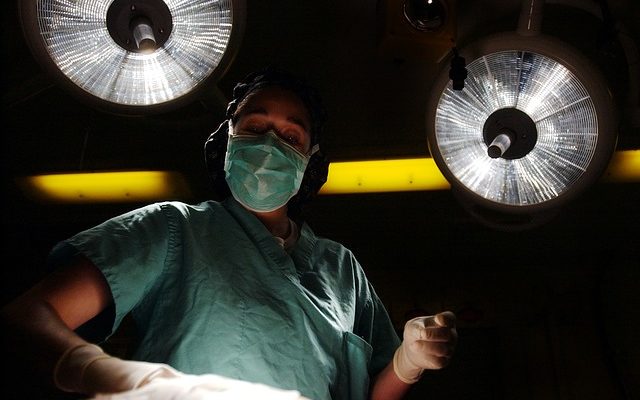During the COVID-19 pandemic, many elective medical procedures and routine doctor’s appointments have been canceled. Patients have not felt comfortable coming into the office, and many offices have been closed. Cancer treatment is a special case along with many other serious illnesses like diabetes and kidney dysfunction. People should not stop their cancer treatment due to the pandemic, as they could be endangering their lives by doing so.
Dr. Randall Gibb, a gynecologic oncologist, explains the difficulty that patients have experienced with being seen by a doctor during the pandemic and offers solutions for going forward.
A Higher Risk of Complications
A Chinese study of cancer patients with COVID-19 found that patients who had received chemotherapy treatment or cancer surgery in the past four weeks had a higher risk than those who had not received treatment during that time period. The risk was found to be greater when patients had more than one chronic condition as well as cancer.
Patients who have undergone stem cell transplants or CAR T-cell therapy in the past year could also be at a higher risk for complications if they have the novel coronavirus. Even after the one-year period has passed after the therapy, there is still a greater risk of complications.
Office Closures
Many outpatient departments at hospitals around the United States have been closed down due to the COVID-19 pandemic. In some cases, these offices have had to let their staff go temporarily.
These closures mean that people are not getting the preventive testing and care that they need, such as colonoscopies and mammograms. As a consequence, people who have not received this preventive care are more likely to present with advanced cancers when they are finally able to return to their normal activities.
Increased Risk of Infection
Many cancer patients are immunosuppressed or at high risk from COVID-19 for other reasons. Immunosuppressed people have deficiencies in their white blood cells that keep them from fighting infection. This means that cancer patients need to stay away from public places and from anyone who may be carrying the virus. Other conditions that cause immunosuppression include HIV and having received an organ transplant.
These patients need to take special care to social distance, wear masks, wash their hands frequently, and avoid close contact. Since cancer patients must visit their doctors frequently, they are also at risk because they have more repeated exposure to people who may be carrying the virus.
Doctor’s offices and outpatient departments that are reopening have stepped up their regular cleaning and disinfection routines. They have limited the number of people allowed in the office at any given time and eliminated closely packed waiting areas. These steps, when taken together, can greatly reduce the risk of catching the coronavirus from environmental exposure.
Telemedicine
Telemedicine appointments have taken some of the pressure off when it comes to patients being seen during the pandemic. There are disadvantages to telemedicine for cancer patients, since it is difficult for a doctor to see exactly what is going on with the patient. Oncologists like Dr. Randall Gibb would prefer to see their patients in person.
Telemedicine appointments also cannot substitute for testing or for chemotherapy. These appointments will need to be conducted regardless of the pandemic. Doctor’s offices have come up with a few solutions to this problem, including having appointments offsite to help people avoid visiting crowded hospitals where they may be exposed to the coronavirus.
Chemotherapy
In most cases, chemotherapy treatments have continued uninterrupted, but chemotherapy patients need to be extremely careful with their health. Chemotherapy interferes with a patient’s immune system and can make it much more likely that a patient will pick up bacteria and viruses from their surrounding environment.
Chemotherapy patients need to be careful to completely isolate themselves from the outside world. This can be difficult because many chemotherapy patients need to have special care at home from a relative or home health care aide.
Fear of Resuming Treatment
Many cancer patients are understandably afraid to continue their treatment in a doctor’s office or hospital. Dr. Randall Gibb emphasizes that these patients should not discontinue their treatment, because they run the risk of aggravating their cancers or enduring setbacks in their treatment.
Gynecologic cancers are especially pernicious, and they should be cared for consistently. Taking the time to learn about the safety protocols used by a doctor’s office or hospital will take some of the worries off patients’ minds.
When patients are educated about the risk factors for COVID-19 and the need to continue their cancer treatment, they will be able to arrive at a balance between their need to receive treatment and the risk of being in public while the virus is circulating. Dr. Randall Gibb hopes that all cancer patients will take their own health into consideration when planning their treatment.




